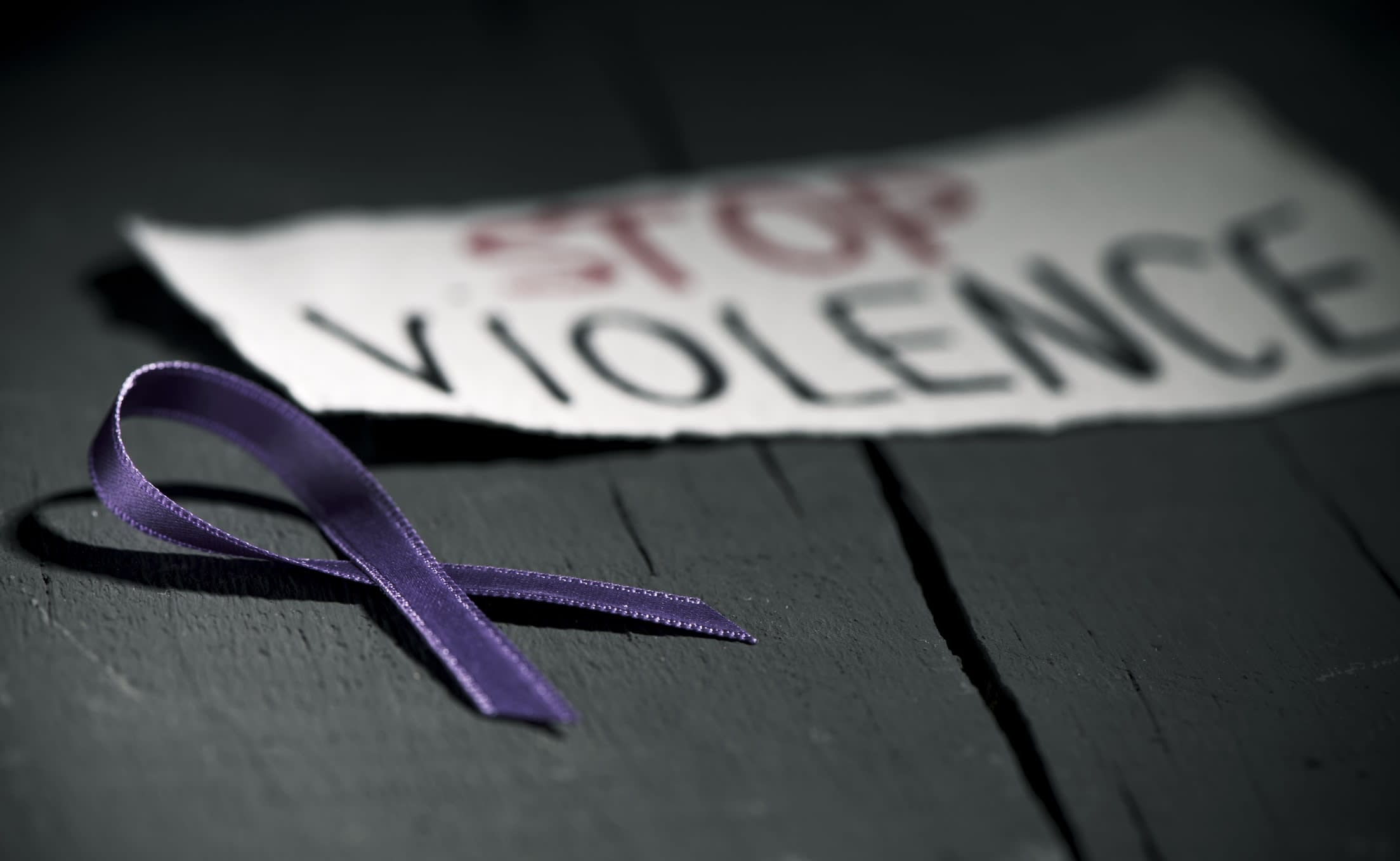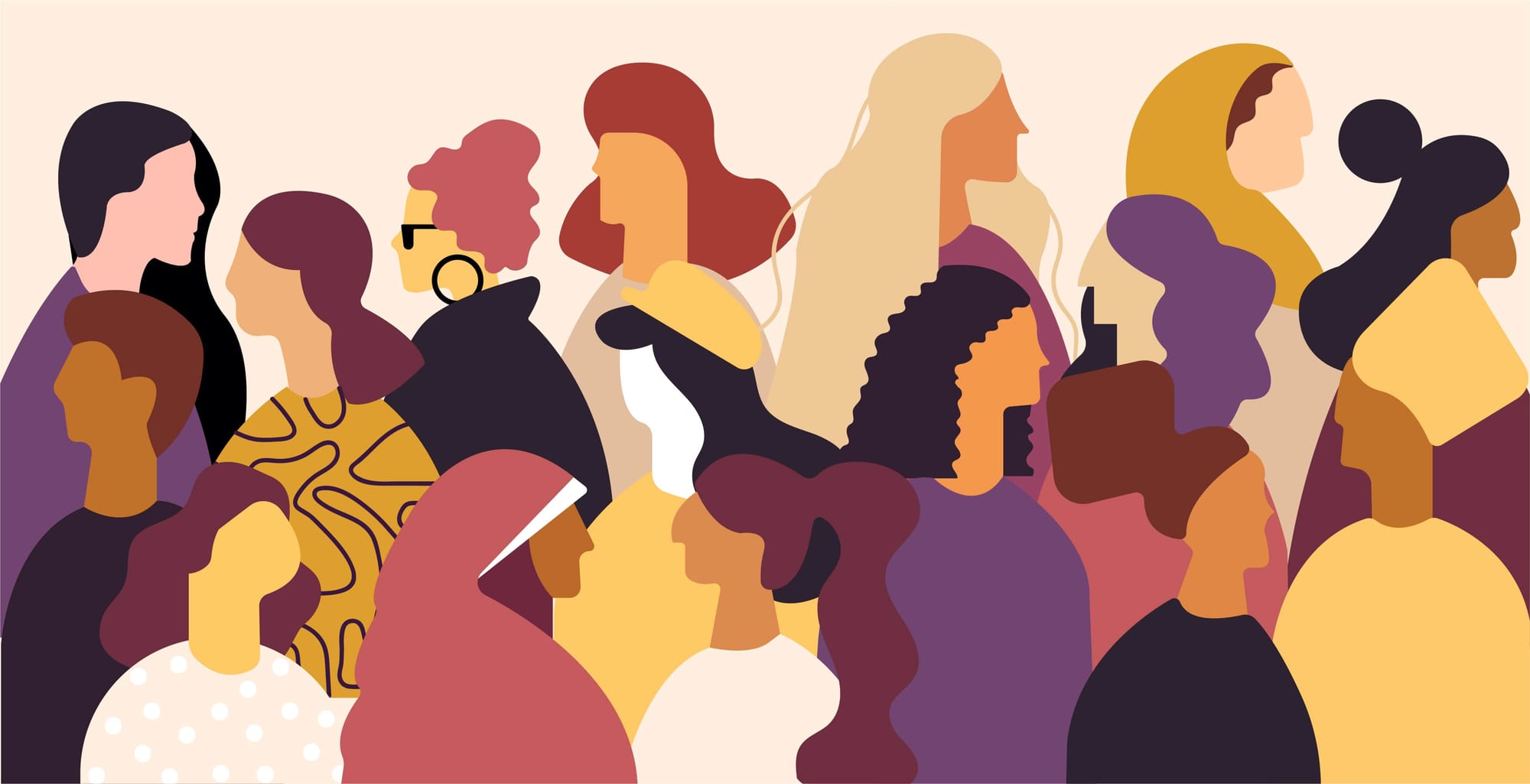
Content note: This article contains mentions of sexual and physical abuse.
The higher education sector is approaching the most significant regulation of gender-based violence (GBV) prevention and response with the introduction of the National Higher Education Code to Prevent and Respond to Gender-based Violence.
While the code is comprehensive and highly prescriptive, it nevertheless presents challenges in relation to how some components are embedded within higher education institutions.
A foundational underpinning is a commitment to embedding lived experience and expertise; however, the ways in which this can be done effectively, safely and in a trauma-informed way remains varied within the sector.
It’s critical to engage a diverse range of expertise beyond academic and professional expertise, and ensure the diversity of lived experiences of students and staff informs prevention and response. Monash University is committed to such practices, including ensuring victim-survivors can share their experiences and expertise without requiring disclosure.
The result of years-long advocacy
The code passed through parliament in August 2025 after years of advocacy and concern regarding the prevalence of GBV within higher education. It establishes seven standards, comprising more than 100 requirements for higher education providers and their student accommodation to prevent and respond to GBV, with compliance required by 1 January, 2026.
The code requires providers to engage with both those who have experienced GBV and groups who are disproportionately affected by GBV, including women, First Nations peoples, communities from non-dominant cultural backgrounds and/or experiences, people with disability, and people of diverse sexual orientation and/or gender identity (LGBTIQA+ and rainbow communities).
Read more: Eliminating gender-based violence
Consultation ensures policies, programs and services are grounded in experience and shaped by those affected. Victim-survivors can provide insight into barriers, needs and opportunities through their personal lived experience of violence.
In turn, this can help institutions build trust and legitimacy, empowerment and agency, and often more accessible, inclusive and effective programs, initiatives and services.
Seeking victim-survivor input is both essential and complex for several reasons, including risk of re-traumatisation, safety concerns, power imbalances, confidentiality and privacy, and practical barriers.
Accordingly, any consultation that discusses experiences of GBV requires careful design, with special consideration given to trauma-informed practice. This is crucial in facilitating engagement where victim-survivors feel valued and heard, and outcomes of the consultations are actionable.

Seeking lived experience voices and expertise
It can be difficult for institutions to effectively and meaningfully centre lived experience, noting that many of those subjected to GBV do not – or cannot – disclose or report their experiences.
While data gathered by the Australian Bureau of Statistics (2021) shows that 22% of women and 6.1% of men in Australia have experienced GBV in their lifetime, the Australian government’s National Plan to End Violence Against Women and Children (page 47) highlights that “... the true prevalence of sexual violence is unknown as the majority of incidents go unreported”.
Reasons for underreporting can include fears of victim-blaming, re-traumatisation, shame and stigma, safety concerns, lack of power and social capital, distrust of systems and processes, privacy and confidentiality, lack of familiarial support, and/or financial or practical dependence.
For some people – including, but not limited to, Aboriginal and/or Torres Strait Islander peoples, those with a disability, those from non-dominant cultural backgrounds, those who are trans or gender-diverse, and/or those with visa insecurity – it’s likely that the rates of underreporting are higher, due to systemic and socio-cultural experiences of discrimination, as well as the amplification of existing and/or additional reporting barriers.
Enhancing consultation
With low disclosure rates in mind, it’s important to consider how higher education institutions can embed the voices of all victim-survivors within strategies and approaches to prevent and respond to GBV, not only those who have the capacity to disclose their experiences of violence.
For this reason, consultation and collaboration with victim-survivors who have disclosed their experience must also be coupled with robust consultation of broader communities, peak bodies, community organisations, equity cohorts, student and staffing cohorts, practitioners and subject-matter experts.
This helps ensure that it’s not only those who have the social capital and/or safety to speak up about their experiences of violence that are heard, but also those who do not have the power or safety to openly share how violence affects them.
This should not be misconstrued as undermining the value and importance of those who disclose their experiences of violence, but to caution a sole-reliance on explicit disclosures, which can underestimate the scale and diversity of experiences and perspectives.
It’s important that universities create environments that facilitate agency and choice regarding disclosure. If universities fail to do this, they risk creating a hierarchy that values the voices and experiences of victim-survivors who choose to disclose, over those who choose not to disclose.
Given this, universities should consider how consultation approaches can capture the lived experiences of those affected by GBV, without the requirement of disclosure.
Some guiding principles include adopting universal trauma-informed design, using multiple entry points for feedback, including anonymously (surveys, submission forms, confidential interviews), to enable input, embed support mechanisms and debriefing options, offering choice and control in how much participants share or disclose, and leveraging existing research, evidence and advocacy groups.
What does this look like at Monash?
At Monash, we seek to embed the lived experiences of those who have been affected by GBV within our prevention and response ecosystem in a multitude of ways, as informed by the aforementioned principles. This work has developed over a number of years, with recognition of the importance in ensuring lived expertise is valued and sought out sensitively.
In 2024, Monash’s Equity, Diversity and Inclusion team commenced a multi-year project – in collaboration with students, academic staff members, lived expertise, subject-matter experts, and prevention and response practitioners – to explore how lived and living expertise can be valued and embedded within the GBV prevention and response ecosystem at Monash.
Those involved in the project have each brought their own lived experiences into these initiatives, without being required to formally disclose any experience in order to be able to contribute.

The first initiative of this project involved the development of lived and living expertise guidelines for university equity, diversity and inclusion advisory committees and working groups. These guidelines define lived experience and lived expertise, and outline the recommended ways for these governance committees to engage with lived and living expertise, including in decision-making processes.
The second initiative was the delivery of a co-design session with students, facilitated by an academic expert from Monash’s XYX Lab, to explore what a co-design and decision-making framework could look like for the provision of equity, diversity and inclusion, as well as GBV prevention and response at Monash.
Read more: Gendered violence in schools: Urgent need for prevention and intervention amid rising hostilities
Through these initiatives, Monash defined lived experience as encompassing a personal experience of a condition or circumstance, such as discrimination, marginalisation, harassment, violence and/or harm.
This term is used to highlight the resilience and strength of people who navigate or have navigated discriminatory, violent or painful experiences, and find ways to thrive and contribute to the community from these experiences.
Lived expertise was defined as a type of expertise held by a person with lived experience who is also able to share a depth of insights and knowledge related to the subject matter. This expertise has been acquired through both their own lived experience and extensive discussions, advocacy and formal work with a large cohort of people with shared lived experiences, as relevant to different contexts.
This expertise builds on lived experience, as it utilises a diversity of knowledge to inform best practice, rather than a singular source of knowledge.
In both of these initiatives, some of the early considerations identified for improving consultation and collaboration with those who have experiences of violence, discrimination, harassment and/or marginalisation, which did not explicitly require the disclosure of this lived experience, include:
- provisioning activities and questions that enable ideation, including opportunities to design new or improved solutions to known problem statements or service gaps
- creating clear boundaries through framing and scene-setting that ensures lived experts are respected, which acknowledges that the sharing of lived experience, while always an option, is not a requirement
- creating opportunities for people to utilise their lived experiences to inform systemic change discreetly, as opposed to requiring those with lived experiences to re-share or publicly disclose the experience itself
- exploring consultation mechanisms that promote practices of shared learning, which are active, collaborative and reciprocal.
The next steps
Looking ahead, the Equity, Diversity and Inclusion team plans to co-develop a co-design framework for GBV prevention and response approaches, create trauma-informed guidelines for staff and student consultations, and develop workshops and communications to support the use of these resources.
This work will enable Monash to embody the intent of the national code in creating safer, respectful and more inclusive communities, while ensuring the expertise of victim-survivors is conscientiously engaged.
If you're affected by gender-based violence, please view the available support services.





